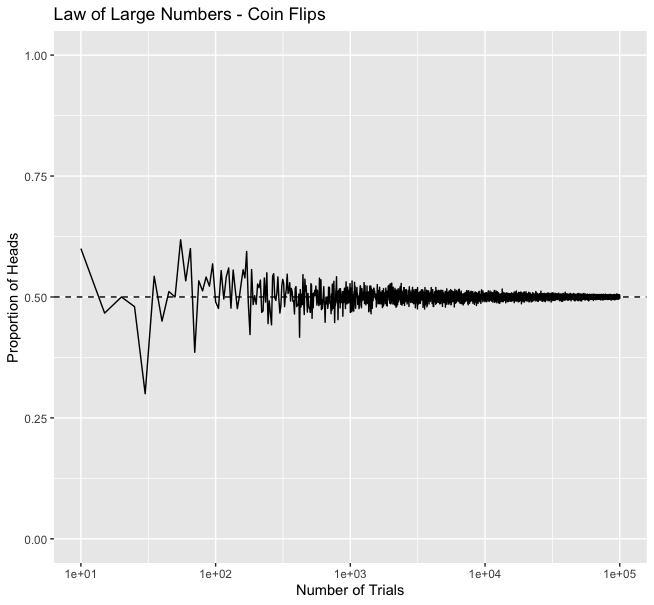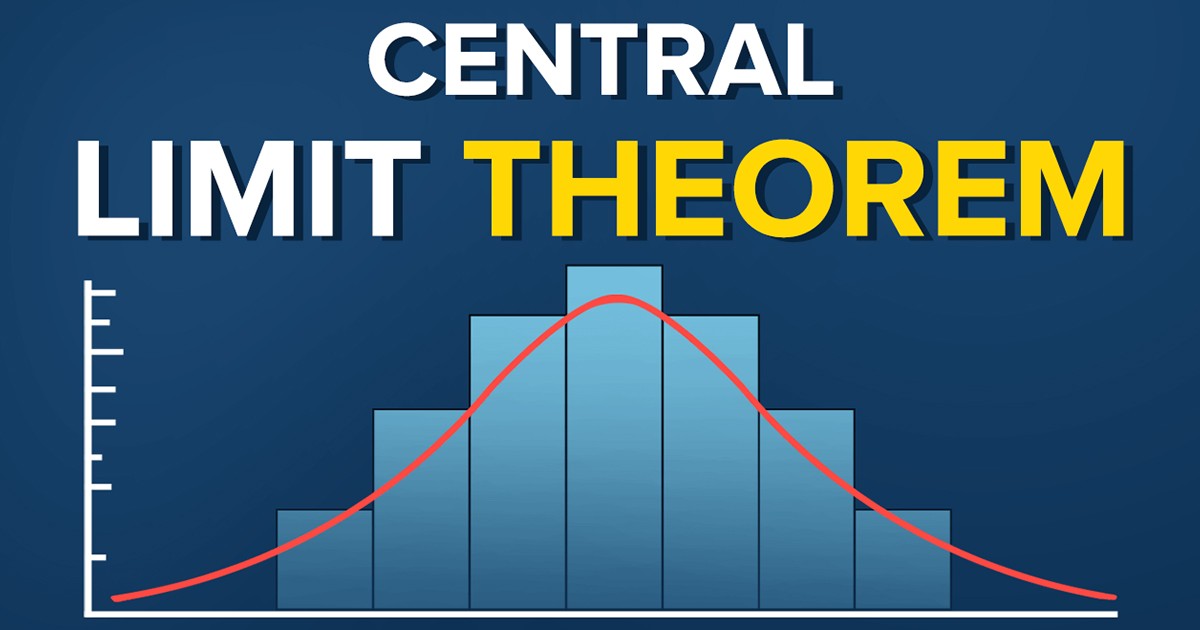1/ 🔥 Speeding Up Your R Code: Profiling, Benchmarking, and Parallelization 🚀 Ever felt like your R code could run faster? In this thread, we'll explore advanced techniques to optimize and parallelize your code. Stay tuned! #RStats #AdvancedR #DataScience 

2/ 🕵️♂️ Profiling: Before optimizing, you need to know where your code bottlenecks are. Use R's built-in tools like Rprof() and summaryRprof() or the profvis package to visualize and analyze your code's performance. #profiling #RStats #DataScience
3/ ⏱️ Benchmarking: Compare different implementations of a function or solution using the microbenchmark or bench package. This will help you choose the most efficient approach. #benchmarking #RStats #DataScience
4/ 💡 Code Optimization: R's Just-In-Time (JIT) compilation can improve the performance of your code. Enable JIT with the compiler package to potentially speed up your functions. Also, consider efficient data structures like data.table. #codeOptimization #RStats #DataScience
5/ 🚄 Parallelization: Utilize the full power of your computer by running R code in parallel. Use packages like parallel, foreach, and future to speed up your computations. Be mindful of potential pitfalls, like race conditions and memory limitations. #RStats #DataScience
6/ 🖥️ Using Rcpp: For computationally intensive tasks, consider using Rcpp to write C++ code that can be called from R. This can significantly speed up your code, but make sure to weigh the benefits against the added complexity. #Rcpp #RStats #DataScience
7/ 🧹 Garbage Collection: R's memory management can be a bottleneck for performance. Use gc() to trigger garbage collection and free up memory, especially in long-running scripts or before/after memory-intensive operations. #garbageCollection #RStats #DataScience
8/ 📦 Package Optimization: Keep your packages up-to-date and consider using alternative, faster packages for specific tasks. For example, use data.table instead of dplyr for large data manipulation or fst instead of readr for fast I/O. #RStats #DataScience
9/ 📚 Resources: Want to dive deeper into R performance optimization? Check out these books:
"Efficient R Programming" by Gillespie and Lovelace
"R High Performance Programming" by Lim and Tjhi
"Rcpp for everyone" by Masaki E. Tsuda
#RStats #DataScience
"Efficient R Programming" by Gillespie and Lovelace
"R High Performance Programming" by Lim and Tjhi
"Rcpp for everyone" by Masaki E. Tsuda
#RStats #DataScience
10/ 🎉 Speeding up your R code involves profiling, benchmarking, code optimization, parallelization, using Rcpp, garbage collection, and package optimization. Apply these techniques and watch your code run faster than ever! #RStats #AdvancedR #DataScience
• • •
Missing some Tweet in this thread? You can try to
force a refresh
 Read on Twitter
Read on Twitter








